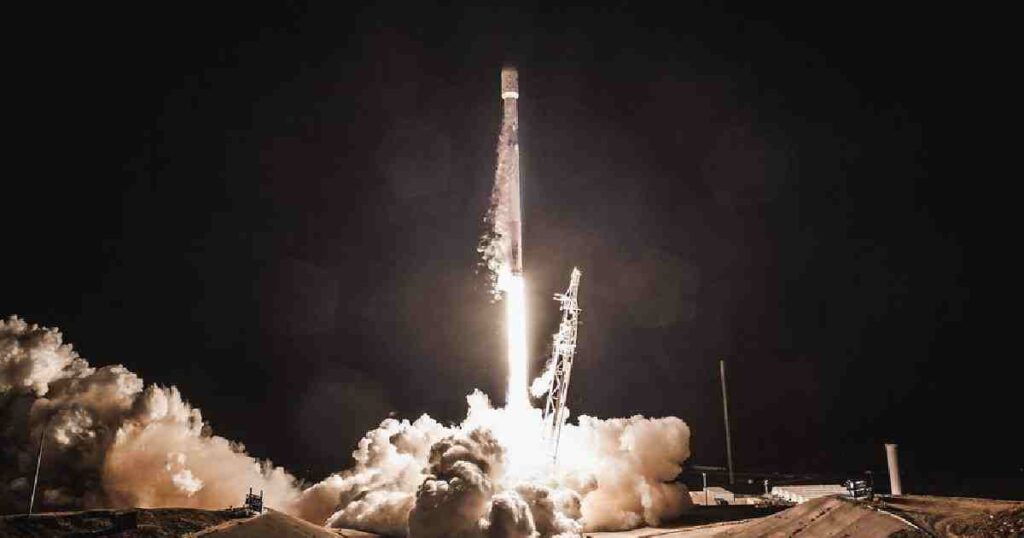NASA announced on Friday to launch its first SpaceX crewed flight to the International Space Station (ISS) on May 27.
NASA astronauts Robert Behnken and Douglas Hurley will fly on SpaceX’s Crew Dragon spacecraft, which will lift off on a Falcon 9 rocket at 4:32 p.m. EDT May 27, from Launch Complex 39A in Florida.
It will be the first time since 2011 that NASA astronauts launch on an American-made rocket from American soil, said NASA.
It will also be the first crewed mission for SpaceX since its founding 18 years ago.
The upcoming Crew Dragon mission, dubbed Demo-2, will be the final test for SpaceX, including the launch pad, rocket, spacecraft, and operational capabilities. This also will be the first time NASA astronauts will test the spacecraft systems in orbit, according to NASA.
The mission duration will be determined once on station based on the readiness of the next commercial crew launch, although the Crew Dragon being used for this flight test can stay in orbit about 110 days, said NASA.
Behnken and Hurley were among the first astronauts to begin working and training on SpaceX’s next-generation human space vehicle, and were selected for their extensive test pilot and flight experience, including several missions on the space shuttle, according to NASA.
Behnken will be the joint operations commander for the mission, responsible for activities such as rendezvous, docking and undocking, as well as Demo-2 activities while the spacecraft is docked to the ISS.
Hurley will be the spacecraft commander for the mission, responsible for activities such as launch, landing and recovery.
Lifting off atop a specially instrumented Falcon 9 rocket, Crew Dragon will accelerate the two astronauts to about 27,200 kilometers per hour, and put it on an intercept course with the ISS.
In about 24 hours, Crew Dragon will be in position to rendezvous and dock with the ISS, according to NASA.
The ISS has continually hosted a rotating crew of astronauts from all over the world since 2000. Russia has been the only country capable of transporting astronauts to and from the ISS since 2011.UNB




